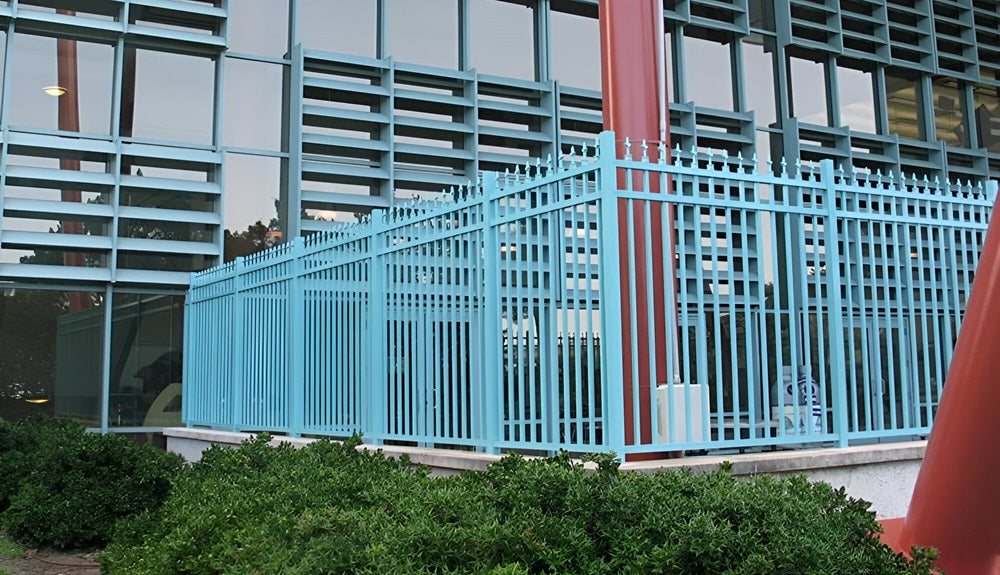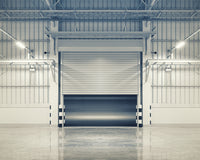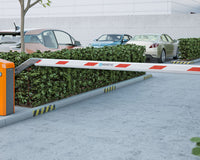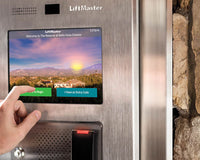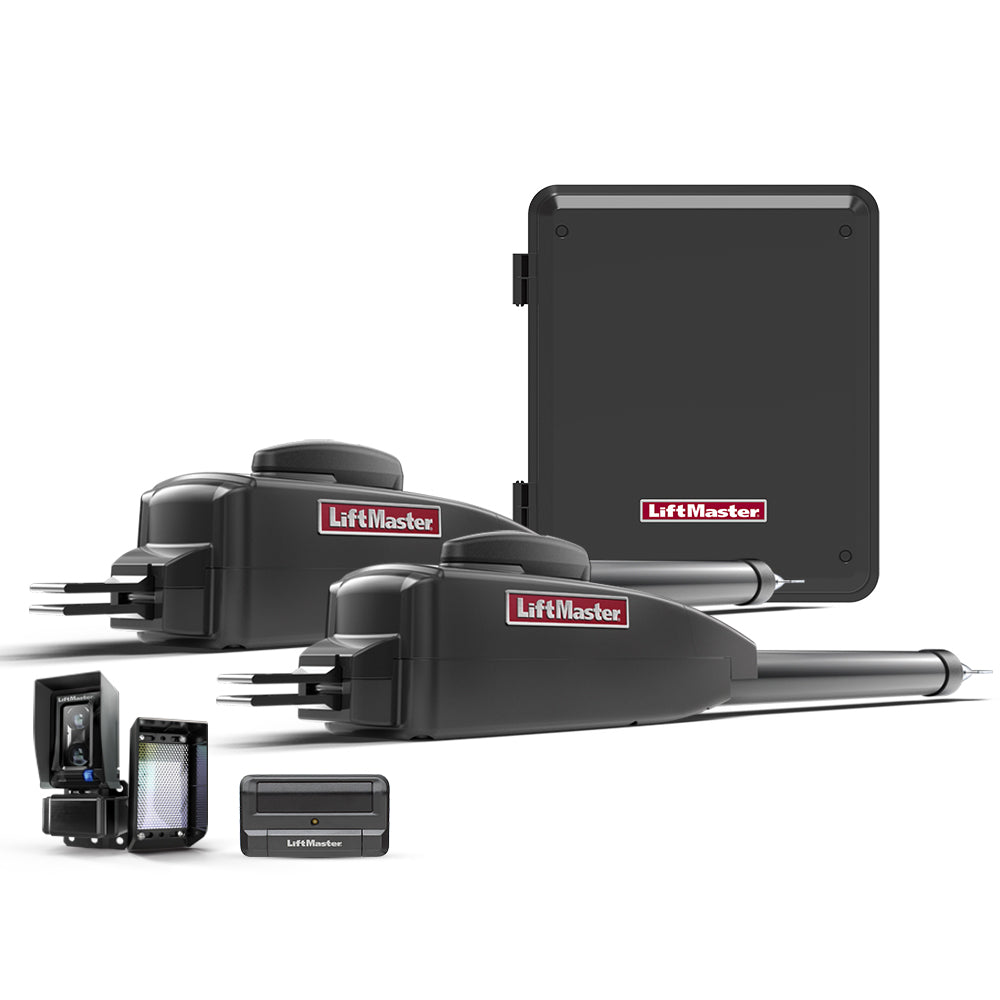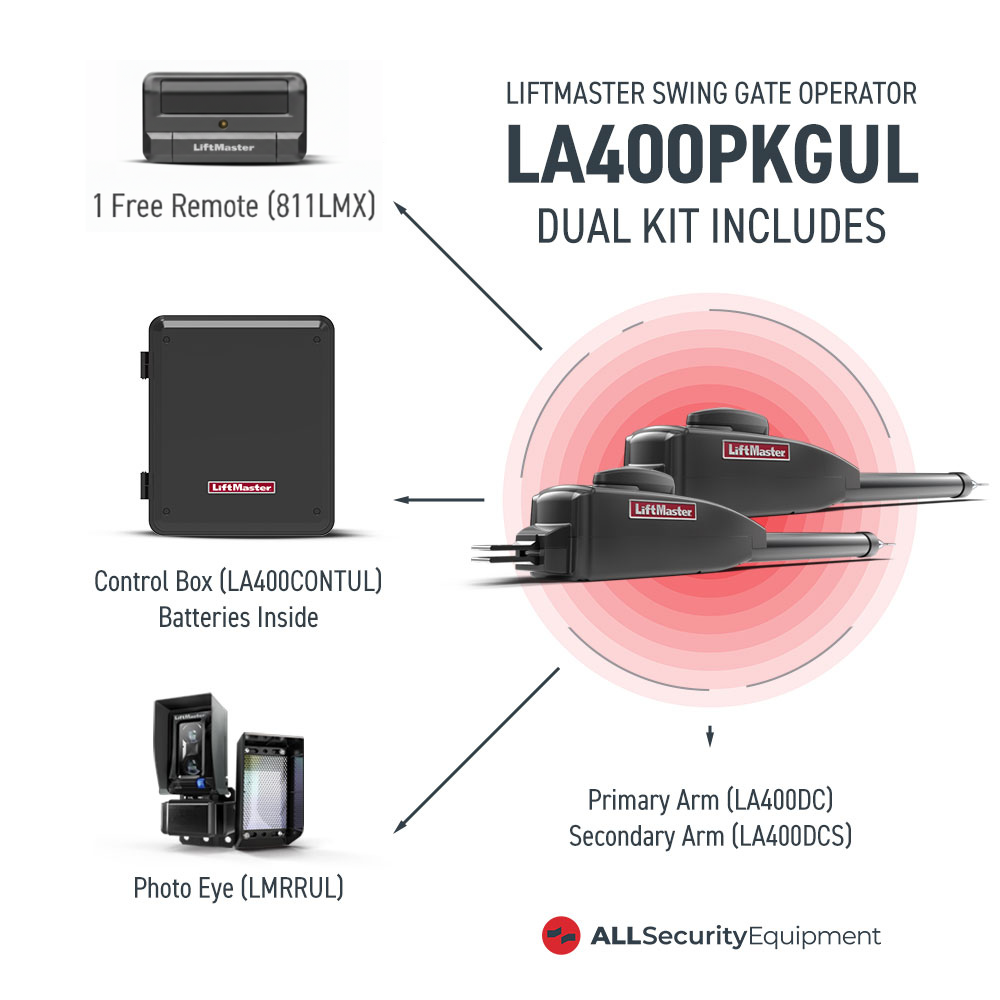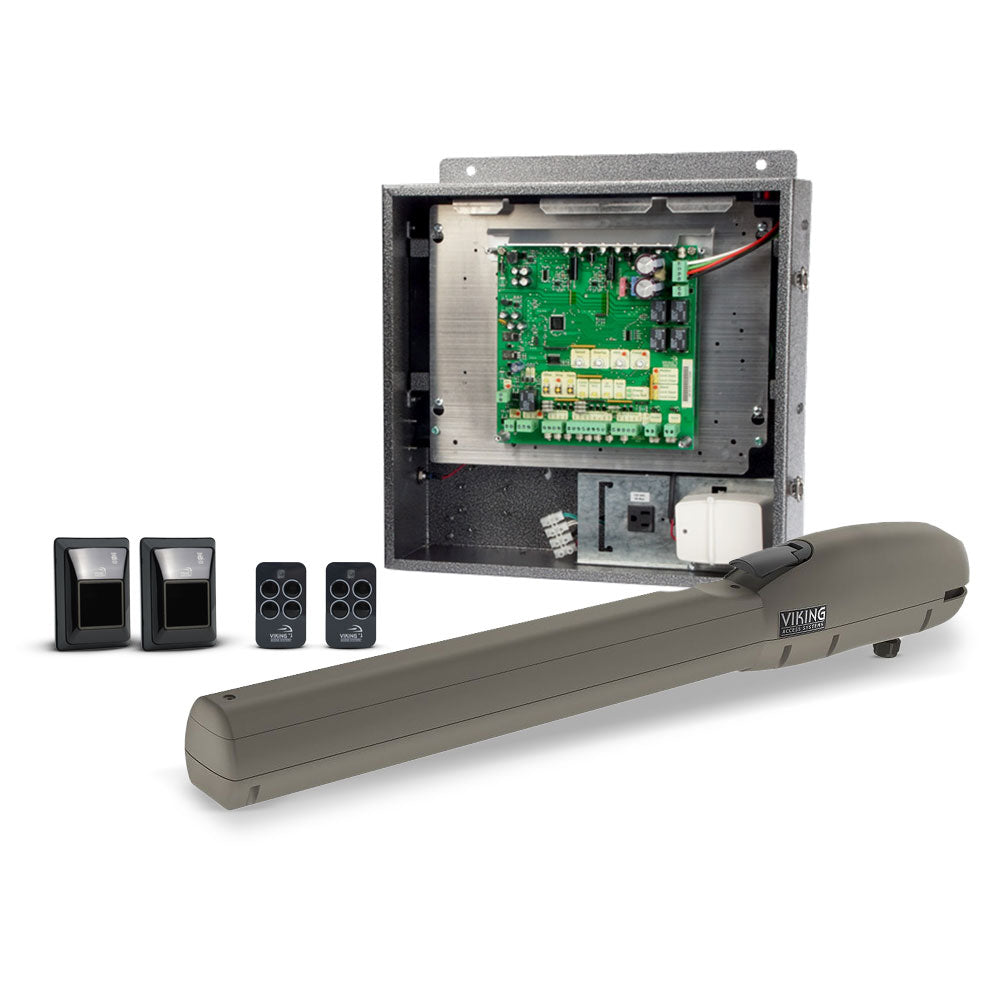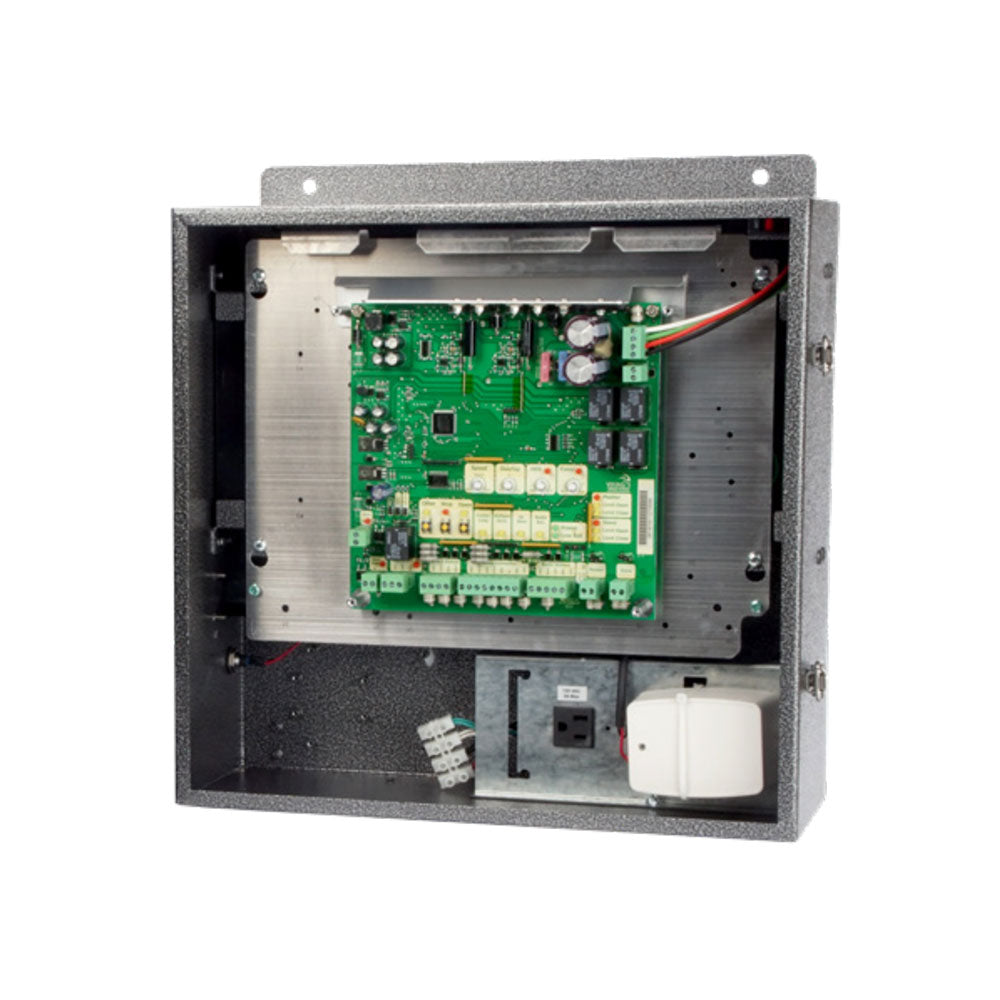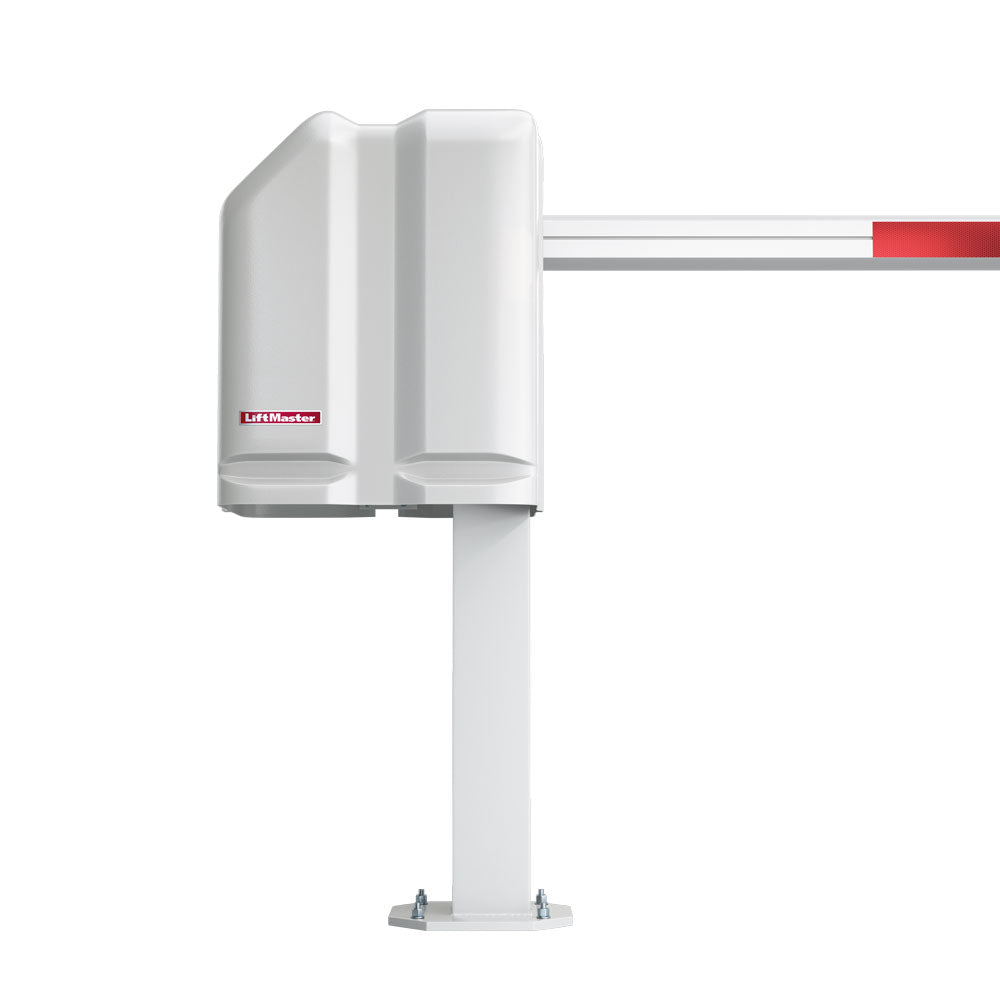Commercial fencing is the physical barrier that encloses a property and plays various roles, particularly in security and protection. To the eye, it is just aesthetics and a mark of boundary. However, its significance extends beyond the property line. Commercial fences are often equipped with security devices and gate access control systems to maximize security functions.
At All Security Equipment, you can check out different gate operators, gate openers and access controllers that match different commercial facility needs.
How Commercial Fences Protect Your Facility
Commercial fencing is used in many office buildings, retail centers, and commercial establishments to deter trespassers.
Commercial fencing has different benefits in facility protection, such as:
1. Crime Prevention
The primary function of commercial fencing is to prevent criminal activities such as theft, vandalism, and break-ins. A commercial gate acts as an effective deterrent, signaling restricted access and ensuring a safe environment for clients and employees.
2. Physical Deterrence
Commercial fencing is constructed from durable materials that are resistant to manual force. It serves as a physical barrier to protect sensitive areas, ensuring the confidentiality and security of company information. Additionally, it is essential for safeguarding valuable equipment, machinery, and inventory, as well as for restricting access to hazardous areas.
3. Safety Compliance and Legal Protection
Many industries are required to maintain a secure perimeter as part of their safety compliance for business operations. This is strictly enforced in high-risk facilities, such as manufacturing plants, industrial laboratories, and specialized businesses. A secure perimeter not only ensures public safety but also protects property owners from potential legal liabilities in the event of an accident.
4. Security and Privacy
A commercial fence helps protect the property from unwanted attention and restricts public access. Certain fencing styles, such as concrete fencing, provide a barrier that ensures the privacy and security of the premises. This is especially important for facilities that house proprietary assets and confidential information.
5. Maintain Boundaries
Commercial fencing sets clear boundaries between neighboring properties and businesses to avoid land disputes. It prevents intentional or unintentional trespassing and sets proper delineation between the surrounding buildings.
6. Aesthetic Appeal
Commercial fences may help improve the professional image of the area or facility. Well-designed ornamental fencing enhances the visual appeal of the business and its façade. The appearance of a commercial establishment may also play a role in attracting customers and clients.
7. Access Control and Management
Commercial fencing controls the entry and exit of employees, tenants, clients and other parties within the facility. Adding access control devices in entry points ensures that only authorized individuals and vehicles can enter the building for better crowd control and monitoring.
8. Temporary Control
Some commercial fencing is temporarily erected, such as those used during an event, for recreation, or other short-term applications. These fencing types can be removed and are used for temporary crowd control and security.
Factors to Consider When Choosing Commercial Fencing
Commercial fencing is slightly different from residential fencing, particularly in its purpose. While residential fences may mostly focus on aesthetics and curb appeal, commercial fencing prioritizes security, protection, and functionality. Industrial fencing, on the other hand, is more imposing and is used in more secured facilities.
Purpose
The first consideration in commercial fencing is identifying its purpose and scope. Where will you use the commercial fencing? What aspect do you prioritize most: security, aesthetics, privacy, or accessibility? Knowing this information will help you decide on the height, design, and materials for the commercial fencing solution that best suits your line of business.
Materials
Commercial fencing is made of different materials, depending on the type of business and the level of security required. Materials include wood, composite wood, vinyl, aluminum, stainless steel, or wrought iron.
Design
Many commercial fences are made to create an aura of intimidation and exclusivity. The design and type of commercial fence you choose varies according to specific business needs. The most common commercial fence types you will find include:
- Chain-link fence
- Steel or aluminum fence
- Wood fence
- Vinyl fence
- Wrought iron fence
- Concrete fence
- Barbed wire or razor wired fence
- Composite fence
- Electric fence
- Mesh panel fencing
Local Regulations
Commercial fencing must meet local regulations and restrictions. To avoid legal issues, check with local building codes and zoning authorities for the specific height, material and other requirements needed to erect the fence.
Budget
The most important aspect of any undertaking is the budget. The budget must include the materials, installation costs, labor costs, and other overhead expenses.
Access Control Systems and Perimeter Detection
Access control systems and perimeter detection complete the security measures of a commercial fencing system. Access controls reinforce the gate with restrictive control to identify and accommodate only authorized access.
Some commercial gates are equipped with the following:
- Automatic gate opener and access controllers (keypads, fobs, scanners, smart access controllers)
- Security cameras
- Telephone or intercom system
- Alarm systems
- Motion sensors and infrared sensors
- Lighting
- Anti-climb sensors (seismic sensors, infrared, laser sensors)
Facilities That Use Commercial Fencing
With its benefits, commercial fencing has many applications. Commercial fencing can be used for various business and commercial properties, such as:
- Offices
- Retail and commercial centers
- Hotels and resorts
- Schools
- Medical facilities
- Government offices
- Industrial sites
- Agricultural properties
Enhancing the Security of Commercial Facilities
Commercial fencing exists to provide individuals security and peace of mind while safekeeping assets and preventing potential criminal activities.
Strengthening commercial fencing with security systems such as surveillance cameras, sensors, and automatic gate operators improves security measures. It ensures better control and management of visitors and vehicles and provides day-to-day tracking of activities.
Make the most out of your perimeter fences and gates with security products from All Security Equipment. We partnered with trusted brands in the gate and garage door systems to provide you with only the best and most reliable materials for security fencing and gates.
Contact us today for inquiries and other information.

